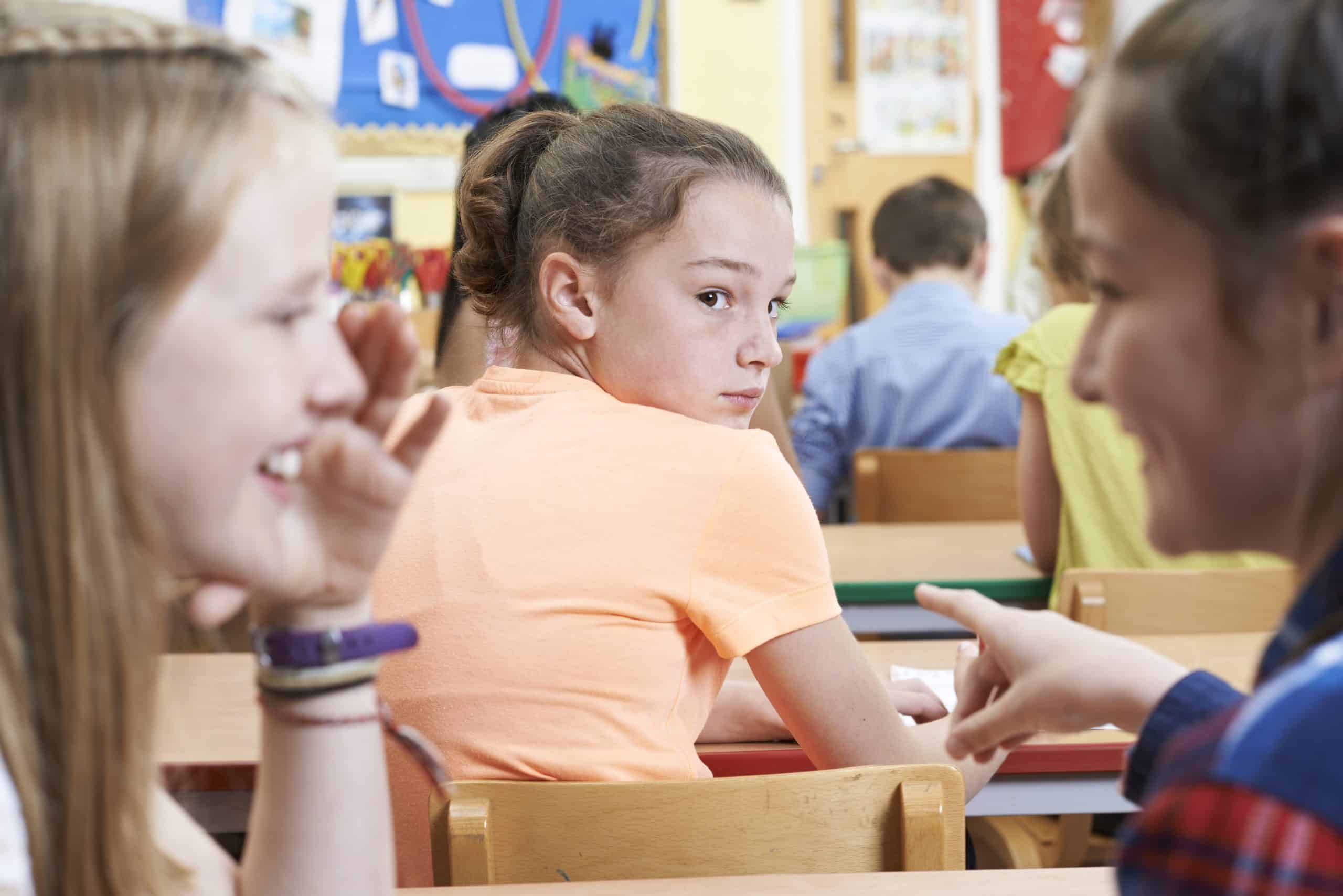A child’s grades can slip for a variety of reasons, many of which have little to do with ability. Your child could, for example, be nearsighted and unable to see the classroom board. Or they could have an undiagnosed learning condition, like ADHD or dyslexia.
If your child’s school performance is struggling with no pinpointable cause, don’t panic. They may just need extra support from their teacher or a professional to identify what’s going on and help them get back on track.
Read on to learn a few warning signs that a child is struggling in school and who can help you pinpoint a cause.
What to Do if Your Child is Struggling in School
 The first and most important person to approach is their teacher. If your child’s grades are dropping or they’re having difficulty, their teacher may have insight into what happens in class that can point to a cause. With their help, you can develop plans for improvement with your child.
The first and most important person to approach is their teacher. If your child’s grades are dropping or they’re having difficulty, their teacher may have insight into what happens in class that can point to a cause. With their help, you can develop plans for improvement with your child.
Depending on the issue, teachers may put you in touch with a specialist or other school resources. With this additional support, your child will be better able to reach their full potential.
If the issue is more serious, like a possible mental or physical health condition, get in touch with a doctor or counselor. These professionals can help you determine a specific cause and the best treatment for your child’s needs.
No matter what, remember that your child’s struggle in school doesn’t mean that you are to blame. Sometimes children, like all of us, just need extra support. With help from a teacher or specialist, your child will be better able to focus and participate in class.
Signs Your Child is Struggling in School
If you’re not sure whether your child’s school performance is concerning, their teacher can offer more insight. Keeping these warning signs in mind, however, can help you pinpoint any changes to discuss:[1]
- Refusal to discuss school
- Sudden drop in grades
- Changes in attitude about school
- Misbehaving in class
- Excessive time spent on homework
Every child is different, and some may not show obvious signs that they are having trouble with their schoolwork. It’s always best to set up a meeting with your child’s teacher if you think something is wrong.
What Causes a Student to Struggle in School?
While you know your child best, professionals like teachers or specialists can help determine underlying causes that are affecting your child in school. Below are several common causes of school struggles. It can be helpful to keep these in mind as you discuss your concerns with a professional.
Learning Disorders
Conditions that affect a child’s focus or learning styles, like dyslexia, can make it more difficult for them in class. However, schools can (and should) make accommodations that can help. If you think your child might have a learning disorder, talk with their teacher or a school specialist.
A few signs of a learning disorder to watch for include:[3]
- Problems with reading or math
Poor memory
Trouble paying attention
Problems staying organized
Poor listening skills

Lack of Motivation
When children don’t feel motivated in class, their grades and attendance can suffer.[4] Set up a meeting with your child’s teacher to discuss possible reasons behind any lack of motivation and find ways to help your child become more engaged.
Physical or Mental Health Issues
Mental health problems can affect even young children, especially if they are stressed or frustrated at school. In fact, one in five children experience mental health issues like anxiety or depression during their school years.[4]
Because mental health issues can only be diagnosed by a professional, reach out to a doctor or counselor if you notice any of these signs of mental illness in children:[5]
- Withdrawal from social interactions
- Sudden mood changes or outbursts
- Difficulty concentrating
- Persistent sadness or anxiety
- Changes in academic performance
Physical conditions can also have symptoms that affect a child’s school performance. Depending on the cause, the issues can vary. For example, if your child has trouble focusing on the board in class, they may be nearsighted and need glasses to see what’s on the board. It is best to talk to a doctor if you notice anything concerning.
School Bullying
Children who are being bullied may start avoiding school or participating in the classroom. Many children are afraid things will get worse if they tell on the bully, so they might not tell an adult what’s happening.
Here are a few warning signs that a child is being bullied:[6]
- Difficulty sleeping or nightmares
- Loss of friends or avoidance of social activities
- Unexplainable injuries or lost personal items
- Declining grades or loss of interest in school
- Low self-esteem
Sources:
- Linnell-Olsen, L., and Chung, A. 7 Warning Signs Your Child Is Struggling in School. Very Well Family. May 20, 2020. https://www.verywellfamily.com/warning-signs-your-child-is-struggling-in-school-2601436
- National Association of School Psychologists. Comprehensive School-Based Mental and Behavioral Health Services and School Psychologists. 2021. https://www.nasponline.org/resources-and-publications/resources-and-podcasts/mental-health/school-psychology-and-mental-health/comprehensive-school-based-mental-and-behavioral-health-services-and-school-psychologists.
- National Institute of Child Health and Human Development. What are some signs of learning disabilities? https://www.nichd.nih.gov/health/topics/learning/conditioninfo/signs.
- Meador, D. School Issues That Negatively Impact Student Learning. ThoughtCo. February 25, 2020. https://www.thoughtco.com/issues-that-negatively-impacts-student-learning-3194421.
- Mayo Clinic. Mental illness in children: Know the signs. https://www.mayoclinic.org/healthy-lifestyle/childrens-health/in-depth/mental-illness-in-children/art-20046577.
- Stop Bullying. Warning Signs for Bullying. https://www.stopbullying.gov/bullying/warning-signs.

